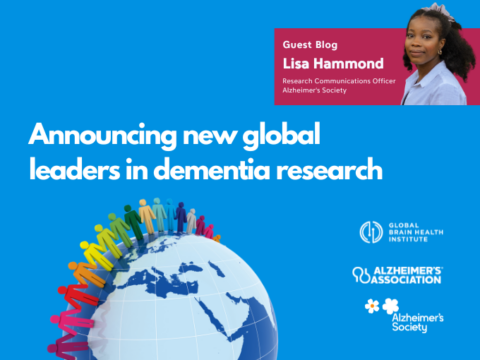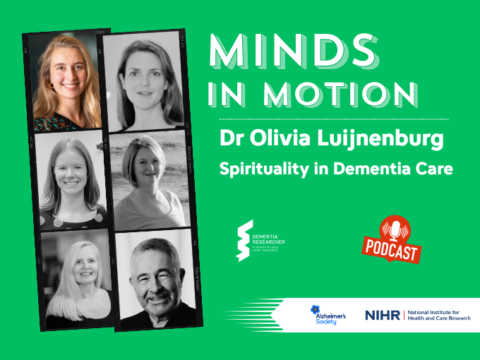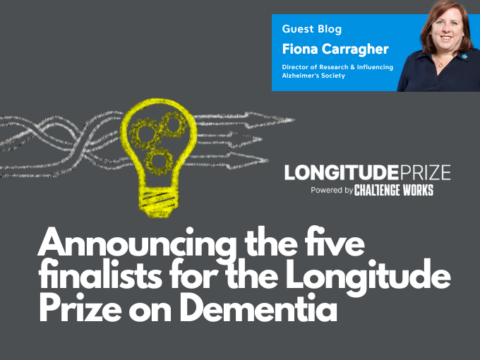
Today, Alzheimer’s Society have launched a series of reports focusing on dementia diagnosis.
The reports look at the reasons behind regional variation of diagnosis rates, the challenges of diagnosing people from ethnic minority communities as well as the difficulties of identifying, assessing and diagnosing dementia in care home and hospital settings.
Each report contains a series of recommendations aimed at Integrated Care Systems that will enable people with dementia to access a diagnosis in a timely and equitable way. It also contains best practice examples to support commissioners and services to improve diagnosis.
What are the key findings and recommendations from the reports?
Regional variation: Increasing access to a dementia diagnosis
Our research finds that diagnosis rates are influenced by regional factors and impacted by the processes at each step of the diagnostic pathway.
- Increase dementia case-finding and improve identification processes to mitigate instances of people reluctant to seek help for dementia symptoms.
- Improve and streamline referral pathways to shorten the diagnostic process and ensure people access a diagnosis in a more seamless way.
- Enable primary care to undertake more diagnoses to ensure that local areas keep up with demand.
- Diagnose mild cognitive impairment and monitor cases to ensure that those people with the condition who go on to develop dementia are diagnosed in a timely way.
- Review access to services to ensure people with dementia in rural communities are not impacted in accessing a diagnosis.
- Improve the quality of dementia coding and reporting to ensure all cases of dementia are reported.
- Encourage partnership working across all services and professionals involved in diagnosis to understand where issues exist in pathways and implement measures to improve them.
Ethnic minority communities: Increasing access to a dementia diagnosis
Our research finds that people from ethnic minority communities experience an inequity of diagnosis, either receiving one late or not at all. Both community and service barriers contribute to this inequity.
- Provide community link workers and include organisations representing ethnic minority communities in the planning of services to reduce community barriers to diagnosis.
- Improve identification and referral processes to improve access to a diagnosis in a more timely and equitable way.
- Make services more culturally appropriate to mitigate instances of people delaying help seeking for dementia symptoms.
- Improve access to, and quality of, interpretation services and ensure services can access validated assessment tools to facilitate a more quality diagnosis.
- Encourage better demographic data collection to enable commissioners and services to plan and deliver services more appropriate for their populations.
Hospitals and care homes: Increasing access to a dementia diagnosis
Our research finds that identifying, assessing and diagnosing dementia in both a hospital and care home setting is challenging.
- Implement dementia and delirium pathways to mitigate impact of delirium on dementia identification and assessment.
- Prioritise dementia identification upon admission to ensure more cases of possible dementia are assessed.
- Provide dedicated dementia teams and implement mandatory training to improve identification of dementia.
- Enable better sharing of patient information between care settings to support a more effective assessment of dementia.
- Ensure discharge planning processes are not inhibited by dementia assessment to ensure more people with dementia are appropriately assessed.
- Audit referral rates and provide hospital link workers to memory services to reduce instances of missed referrals to memory assessment post-discharge.
- Improve care home staff skill and confidence through training and improving processes to increase identification to ensure that more people with possible dementia are identified.
- Ensure care homes can access clinical teams to facilitate a more appropriate assessment of dementia.
- Increase access to assessment tools and information to improve diagnosing clinicians’ confidence and ability to diagnose dementia.
- Provide and monitor multidisciplinary teams through the Enhanced Health in Care Homes model to reduce systematic barriers to diagnosis.”

 Print This Post
Print This Post





